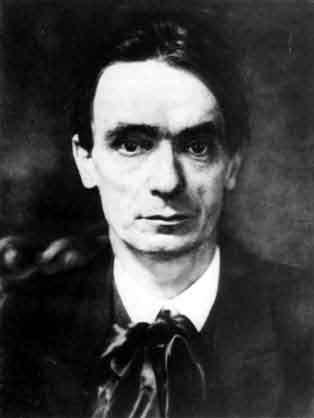Through his descent to the physical plane mankind has lost his connection with the world of the gods. For him, only the physical world exists. Anthroposophists are not reactionaries; they know that the age of materialism was necessary. Just as the organs of sight degenerate in animals when they go to live in dark caves, while other faculties develop more powerfully, so do we find the same thing happening in the world of the spirit and the world of the senses; if one faculty develops, another must fade away. The gift of clairvoyance and the power of memory had to withdraw in order that the power of physical sight could develop. When men learnt how to conquer the world by means of the laws of nature they had discovered, they had to sacrifice the power of seership.
Source: Rudolf Steiner – GA 95 – At the Gates of Spiritual Science – Lecture XI: The Post-Atlantean Culture-Epochs – Stuttgart, 1st September 1906
Translated by E.H. Goddard & Charles Davy
Previously posted on February 23, 2014




